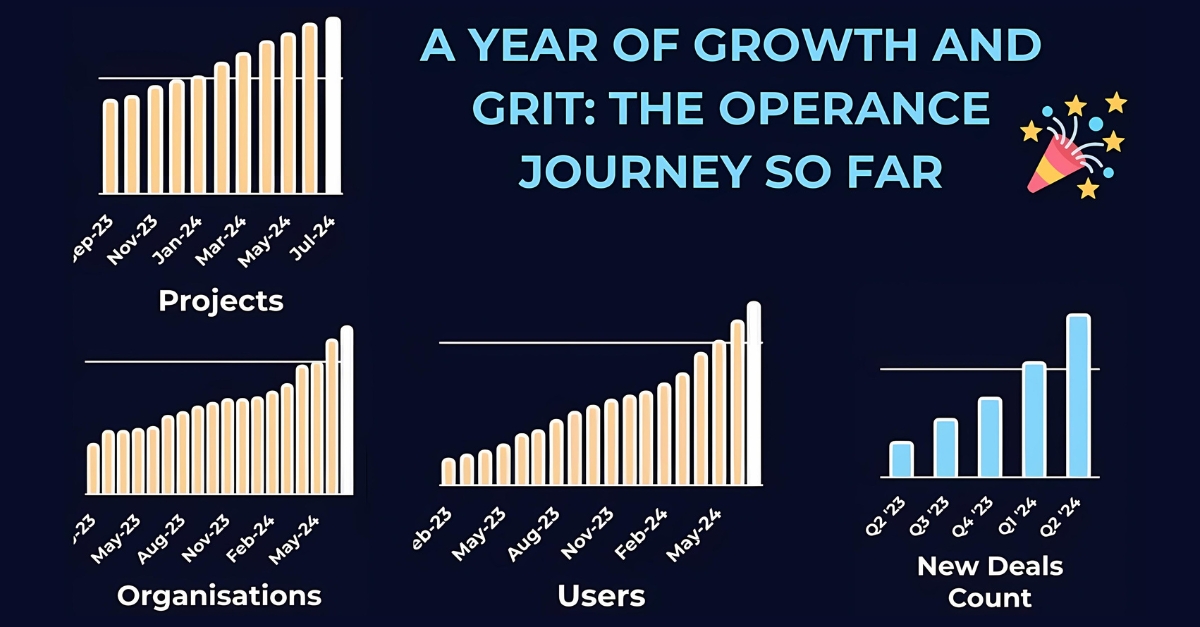Construction Playbook Review & Rating

The government has published its Construction Playbook, setting out key policies and guidance for how public works projects and programmes should be assessed, procured, and delivered.
Crucially it advocates accelerating the digitisation of construction, promoting the further development of building information modelling (BIM), and embedding technologies such as digital twins and the UK BIM Framework.
Building on the government’s Construction 2025 Strategy and the National Infrastructure Strategy, the Playbook has seven key aims:
- Set clear and appropriate outcome-based specifications
- Favour longer-term contracting across portfolios
- Standardise designs, components and interfaces
- Drive innovation and modern methods of construction
- Create sustainable, contracting arrangements for better outcomes
- Strengthen financial assessment of suppliers just in case things go wrong
- Increase project and programme delivery.
14 Policies for improvement
Sounds brilliant – but how do we do it? Setting out these aims is one thing, delivering them is quite another. Handily, the Construction Playbook provides 14 specific policies for improvement, which I’ve reviewed and rated:
- Commercial pipelines – details of future projects and programmes published 3 to 5 years ahead of requirement. Awesome. ⭐️⭐️⭐️⭐️⭐️
- Market health and capability assessments – fantastic idea, but tricky to achieve. It requires buy-in not just from industry but from education too. Who is going to provide the new skills being called for? Schools, colleges and universities need to play along too – please don’t just launch another STEM initiative! ⭐️⭐️⭐️
- Portfolios and longer-term contracting – standardising elements of design to support investment in MMC is a fantastic idea! Aligned to a transparent pipeline, this could really help the industry justify inward investment, though there’s the concern longer-term contracts could freeze out innovative solutions from agile SMEs and start-ups. As long as innovation isn’t stifled, this could be of benefit. ⭐️⭐️⭐️⭐️
- Harmonise, digitise and rationalise demand – excellent! This is all about using digital tools to aid collaboration, interoperability, cross-sector cooperation and just generally being better! ⭐️⭐️⭐️⭐️⭐️
- Further embed digital technologies – BOOM! Advocating BIM and the Centre for Digital Built Britain as starting points to head into the exciting world of digital twins and empowered data use. More of this please! ⭐️⭐️⭐️⭐️⭐️
- Early supply chain involvement – err… yes. Of course. Advocating certainty in project procurement and delivery just makes sense. Why wait to the last minute? ⭐️⭐️⭐️⭐️⭐️
- Outcome-based approach – focusing on the wider themes of “why” rather than the traditional, transactional “what” is definitely the way forward. It fits in with the Flourishing Systems ethos and makes us consider the benefits delivered by a project, not just the finished product. ⭐️⭐️⭐️⭐️⭐️
- Delivery model assessments – the document provides a well-articulated six-point plan to determine the best delivery model, then lays out five strategic approaches that are designed to deliver the best client outcome in each scenario. Having this clear process in place can only support the Playbook in achieving its desired outcomes. ⭐️⭐️⭐️⭐️⭐️
- Benchmarking and Should Cost Models – I won’t lie, “Should Cost Model” is a new one on me. It’s the anticipated whole-life cost of the project but robust benchmarking against centralised data to support decision making is just common sense. ⭐️⭐️⭐️⭐️
- Effective contracting – there are no big changes or innovative insights into contracts. NEC, JCT and PPC2000 are all advocated with the usual add-on clauses. ⭐️⭐️⭐️
- Risk allocation – risk should not be distributed to the supply chain without consideration, as it often flows downhill. With a good explanation of risk in the commercial lifecycle, the Playbook advocates active risk management to avoid inappropriate allocation of risk. ⭐️⭐️⭐️⭐️
- Payment mechanism and pricing approach – taking a holistic approach to procurement to focus on outcomes and value is advised. There is a list of ‘Do’s’ and ‘Don’ts’ which seem obvious but, by their inclusion, obviously aren’t. ⭐️⭐️⭐️⭐️
- Assessing the economic and financial standing of suppliers – prompt and digital payment processes are advocated but the document stops short of detailing terms. Financial due diligence during the selection process is advised – no one wants to see another Carillion. ⭐️⭐️⭐️⭐️
- Resolution planning – with Carillion in mind, there’s a whole section on mitigating the impact of a major insolvency. Sadly, in the current climate, this section is worth having. Project Bank Accounts are advocated unless there are compelling reasons not to use them. ⭐️⭐️⭐️⭐️⭐️
Summary
The Construction Playbook goes on to describe some key points for good contract management and advocates building and maintaining supply chain relationships, all of which will be music to the ears of the SMEs who make up the bulk of our industry.
Last, but by no means least, there’s a chapter describing the transition to operation – advocating early preparation and adoption of a government soft landings approach, as well as transparent evaluation of projects and programmes success. This chapter could almost be the Playbook for Operance.
I’m aware I’ve just written a fluffy love-in of a piece about the Construction Playbook but I’m fine with that. I’m sure there will be Eeyore’s waiting in the wings, ready to undermine the vision laid out, and yes, there could have been more on carbon but hopefully, even the naysayers will see the benefits of the document.
The Construction Playbook puts digital construction front and centre for our industry and provides a solid foundation on which we can build our future.
Scott Pilgrim scott.pilgrim@bimsense.co.uk 0113 3281282 Twitter LinkedIn
NEWSLETTER
Revolution Is Coming
Subscribe to our newsletter so we can tell you all about it.
You can unsubscribe at any time and we don’t spam you.

















